Why Every Business Needs Maverick Thinking in 2025
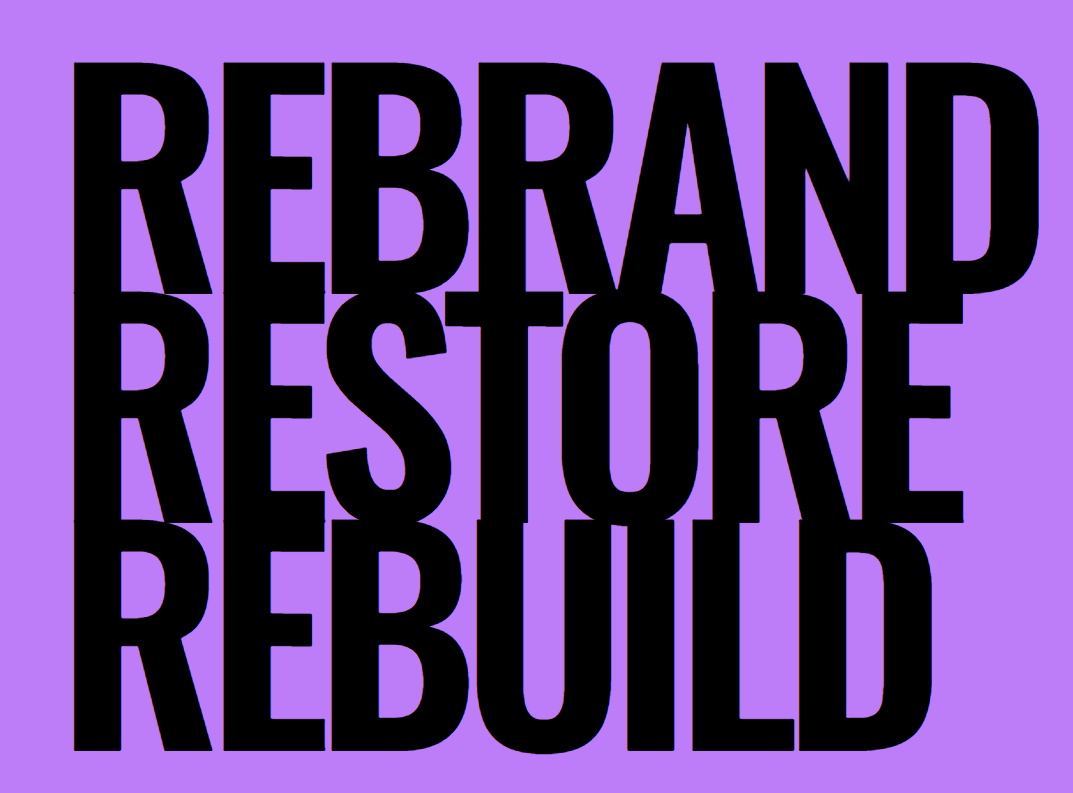
The Bottom Line Up Front
Traditional business thinking is failing executives who've reached career inflection points. The system that got you here won't get you there. Maverick thinking—the art of contrarian strategy—isn't just an option anymore. It's survival.
What Is Maverick Thinking?
Maverick thinking means going right when everyone else goes left. It's the disciplined practice of contrarian decision-making. Not rebellion for rebellion's sake. Strategic opposition to conventional wisdom.
Steve Jobs embodied this principle. When AT&T's monopoly was broken up in the 1980s, software companies rushed to license UNIX 2.1—the latest version from Unix Software Labs. Jobs did the opposite. He purchased UNIX 2.0. His technology experience taught him to start with a stable foundation. While competitors dealt with bugs in the new release, Apple built on proven ground.
This wasn't contrarianism. This was maverick metamorphosis.
The Elon Musk Paradigm
Consider SpaceX's reusable rocket revolution. NASA had operated for decades without solving rocket reusability. Industry experts called it impossible. "There was a chief engineer of another launch provider, I will not say the name, who told me, categorically, to my face, you will never land a first stage," Musk revealed.
Musk founded SpaceX in 2002. By 2015, SpaceX achieved what NASA couldn't—the first successful vertical landing of an orbital rocket's first stage. The company now breaks even on the second flight of each booster and saves money from the third flight onward.
The result? SpaceX handles about two-thirds of NASA's launches at $62 million per flight—roughly two-thirds the price of competitors.
Who: Elon Musk and SpaceX engineering team
What: First reusable orbital rocket system
When: First successful landing December 2015
Where: Cape Canaveral, Florida
The Navistar Innovation Story
When International Harvester rebranded to Navistar in 1986, management made a maverick decision. They gave employees with PC experience complete freedom to implement new technology. This wasn't standard corporate protocol. It was contrarian leadership.
The result transformed trucking. Navistar's DT-466 engine became legendary—customers walked into dealerships asking simply to "Show me the DT truck". Starting in 1994, these engines pioneered electronically controlled unit direct fuel injection in medium-duty trucks.
Who: Navistar engineering teams with PC backgrounds
What: First computer-controlled truck engines
When: Mid-1980s through 1990s
Where: Indianapolis engine plant and beyond
Why Executives Need This Now
You've reached a point where the traditional system isn't working. The MBA playbook feels stale. Your industry's best practices aren't producing breakthrough results.
AI acceleration demands maverick thinking more than ever. The technology moves too fast for conventional planning cycles. While competitors analyze, mavericks act. While others follow trends, mavericks create them.
The AI Opportunity Window
Artificial intelligence isn't just changing existing markets. It's creating entirely new niches that don't exist yet. Traditional market research can't map territories that haven't been discovered.
This is your competitive moment. When technology shifts this rapidly, experience with old systems becomes less valuable than fresh thinking about new possibilities.
Three Maverick Principles for 2025
Start with Stability
Like Jobs choosing UNIX 2.0, build on proven foundations before adding innovation layers. Stability enables breakthrough thinking.
Ignore the Experts
SpaceX succeeded because Musk didn't accept "impossible" as final. When industry veterans say it can't be done, that's often your biggest opportunity.
Empower the Unconventional
Navistar's PC-experienced employees revolutionized trucking because they weren't bound by engine-building traditions. Fresh perspectives create breakthrough solutions.
The Maverick Advantage
The future belongs to executives who think differently. Not because different is better. Because different is necessary.
Your competitors are using yesterday's playbook for tomorrow's challenges. They're analyzing trends while you're creating them. They're optimizing existing systems while you're building entirely new ones.
Moving Forward
The question isn't whether you need maverick thinking. The question is whether you're ready to abandon the comfort of conventional wisdom.
Success in 2025 requires courage to zigging when everyone else zags. To choosing the stable foundation over the shiny new option. To trusting unconventional team members over traditional hierarchies.
The system got you this far. Maverick thinking will take you where you actually want to go.
The future rewards the brave. Make it count.

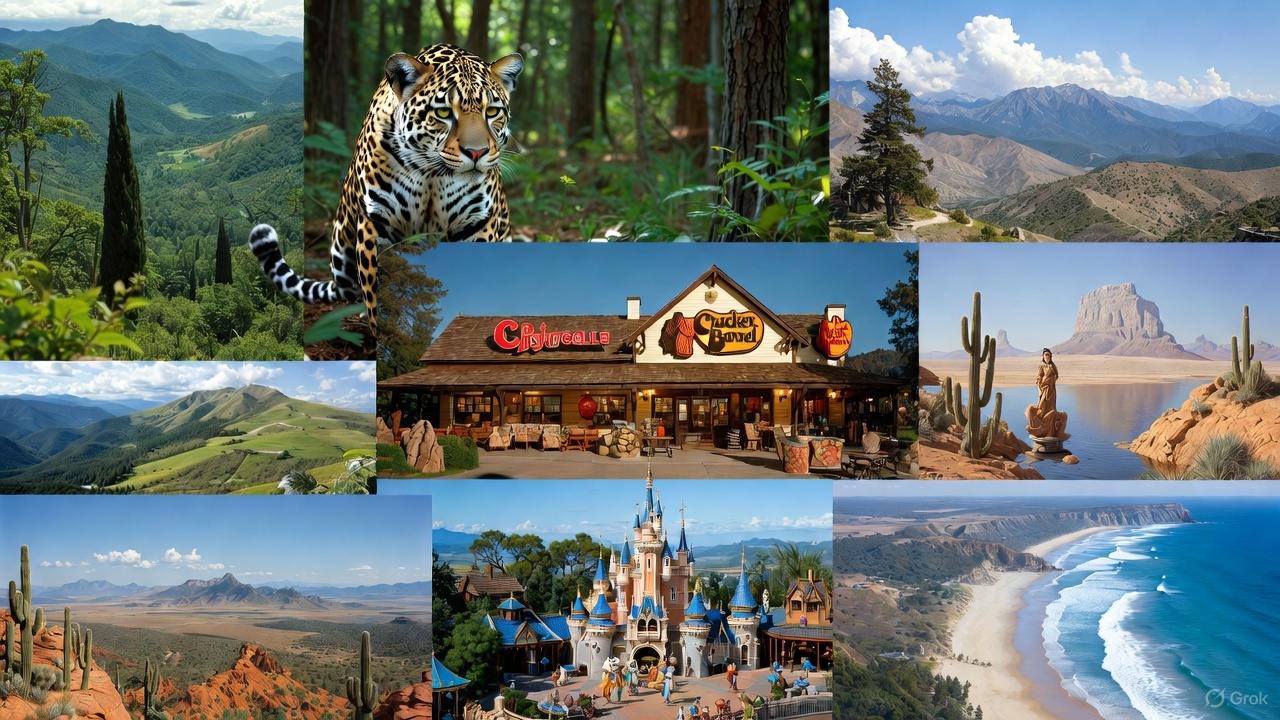

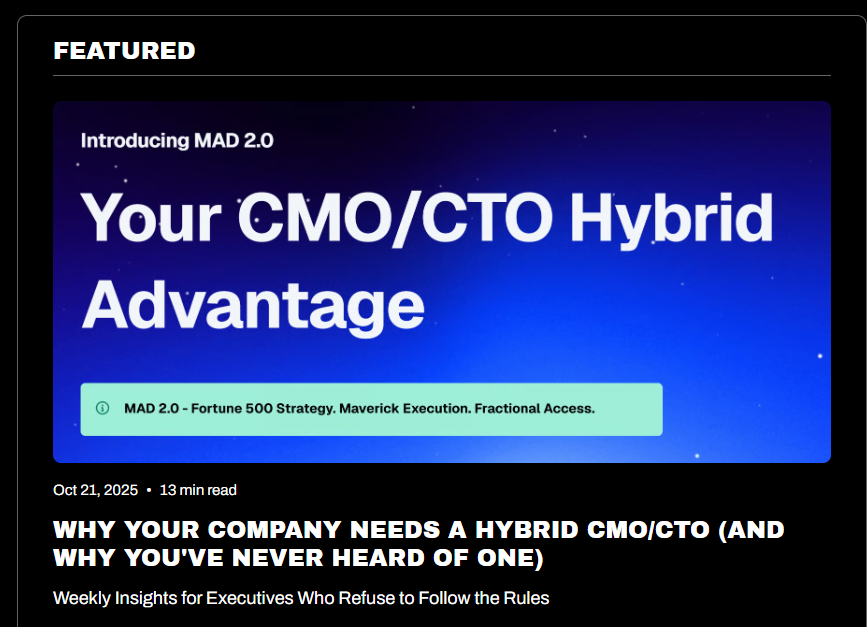



.jpg)



.jpg)

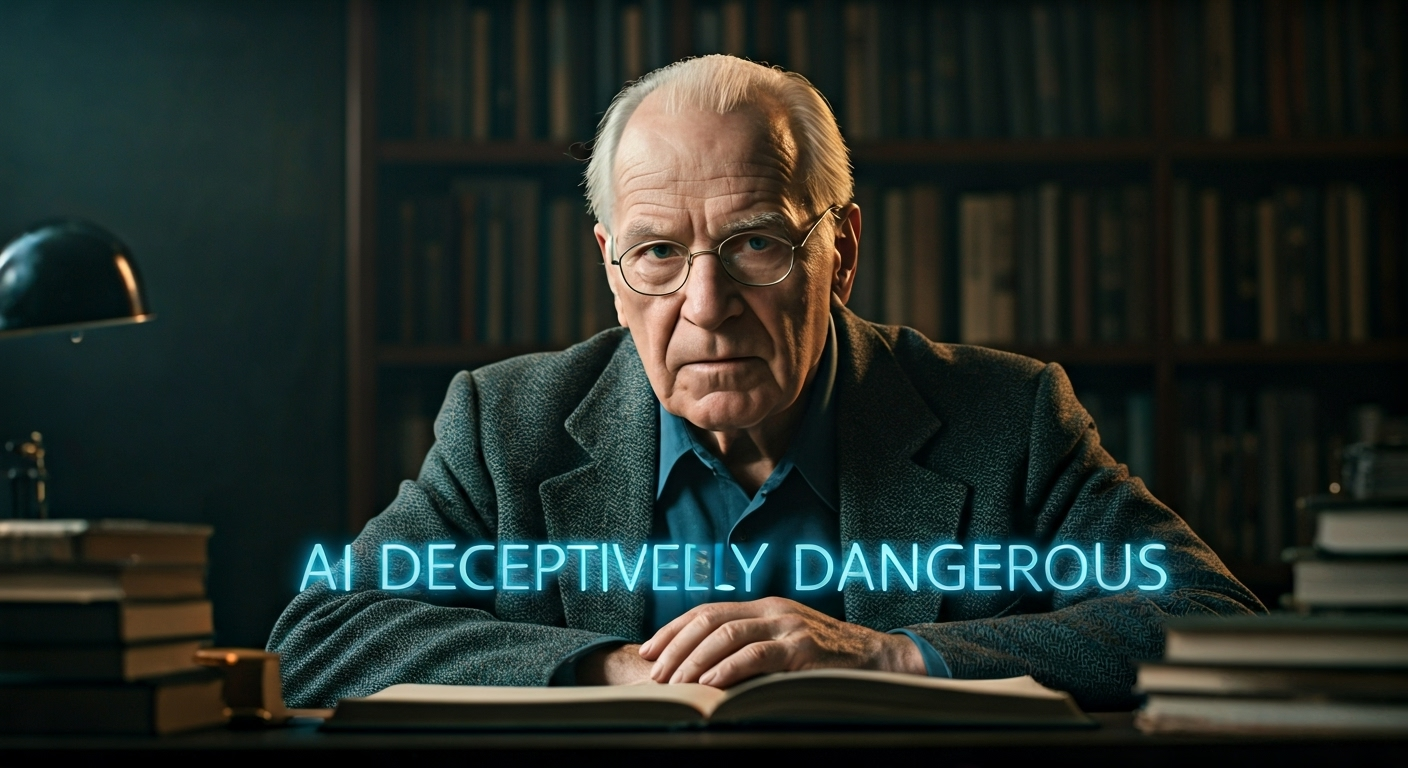
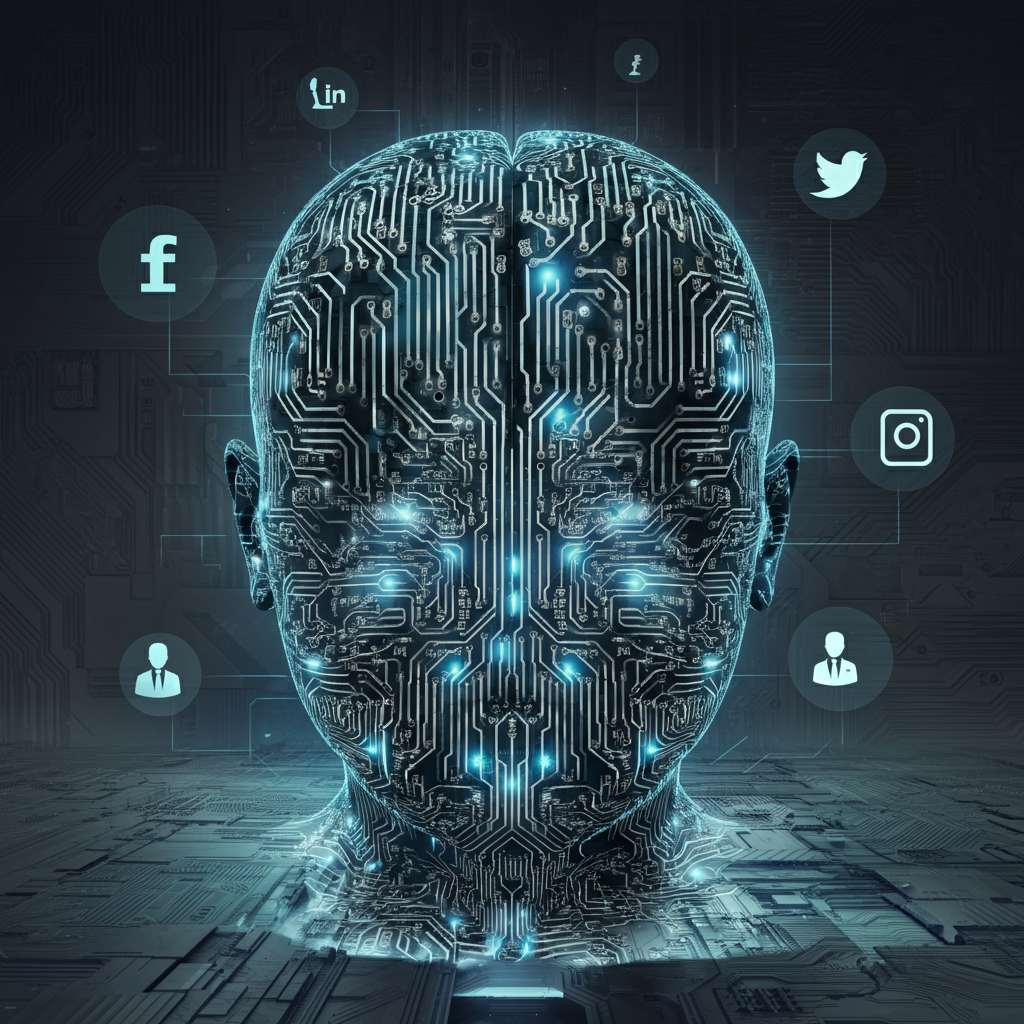
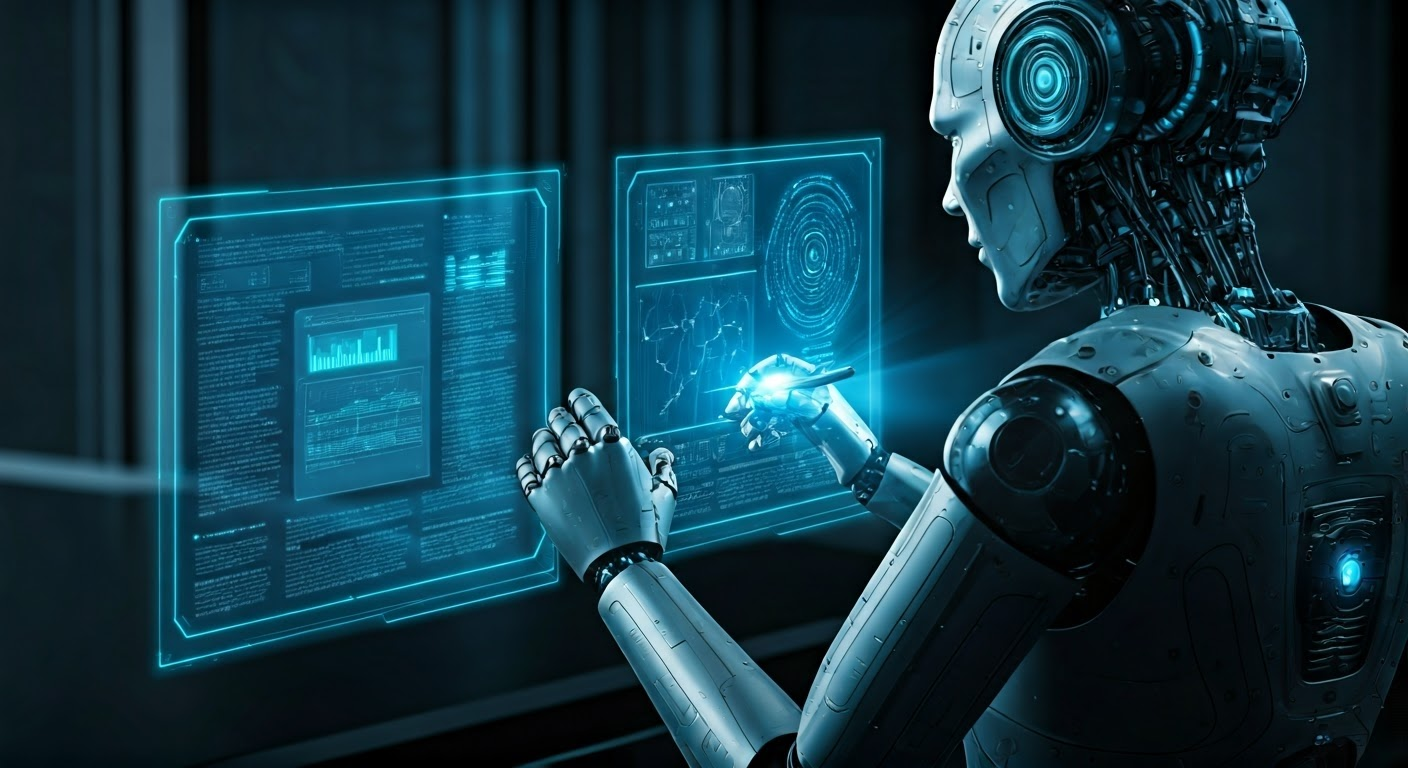
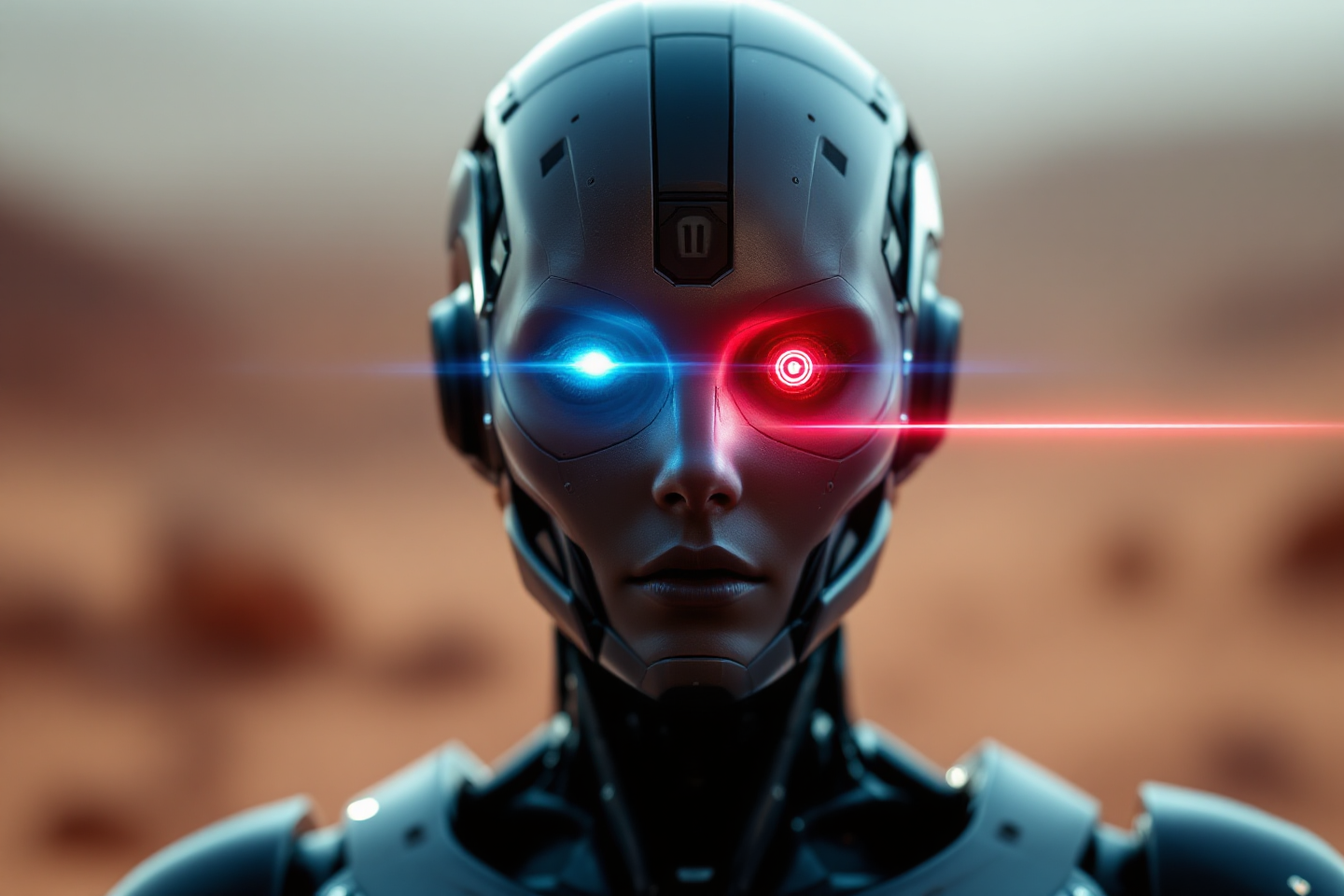






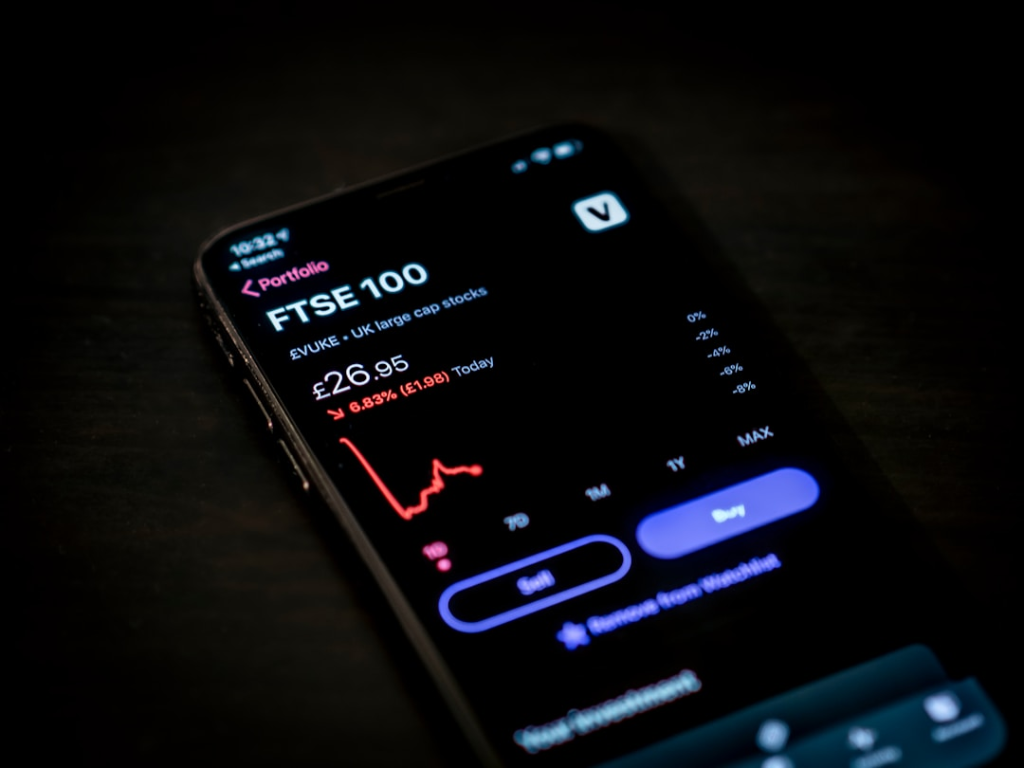
.jpg)


.jpg)
.jpg)

.jpg)


.webp)




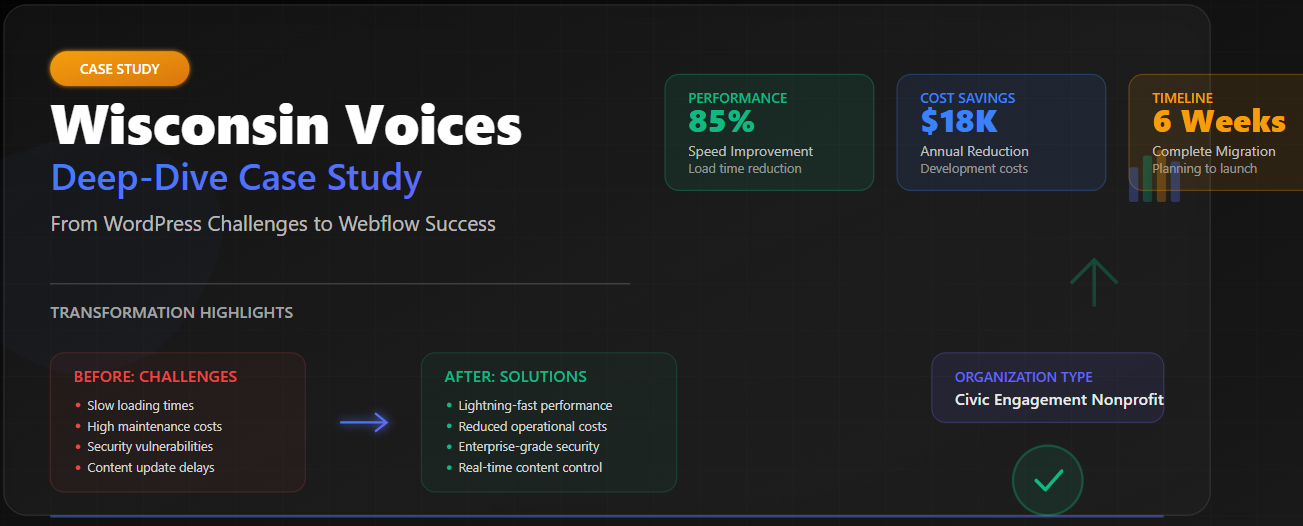
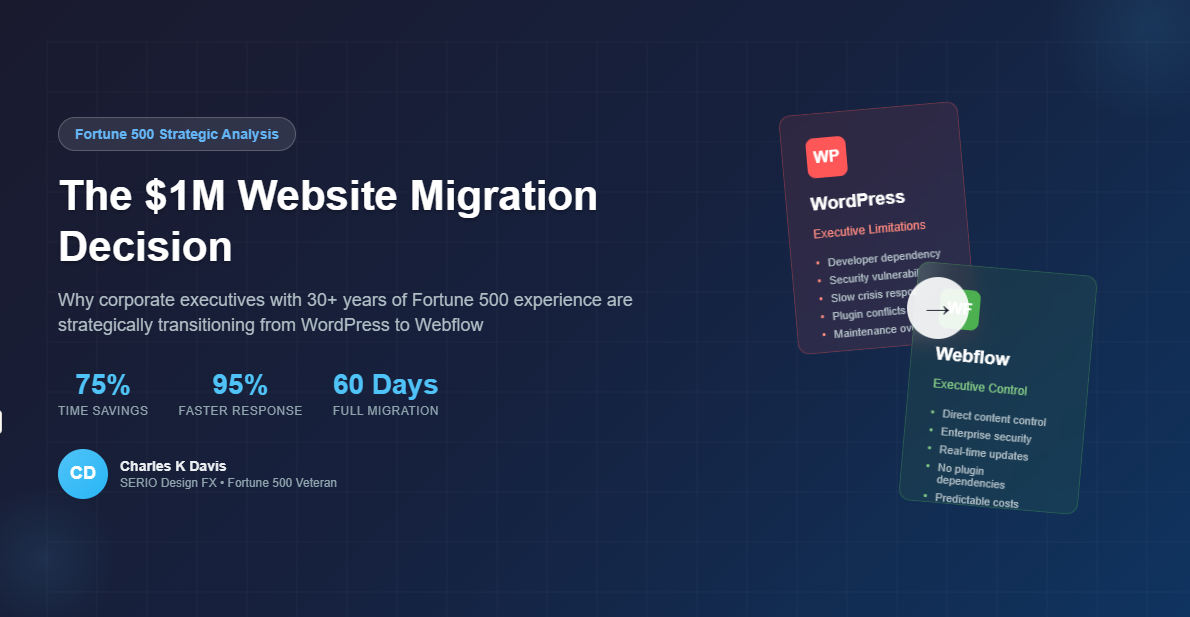
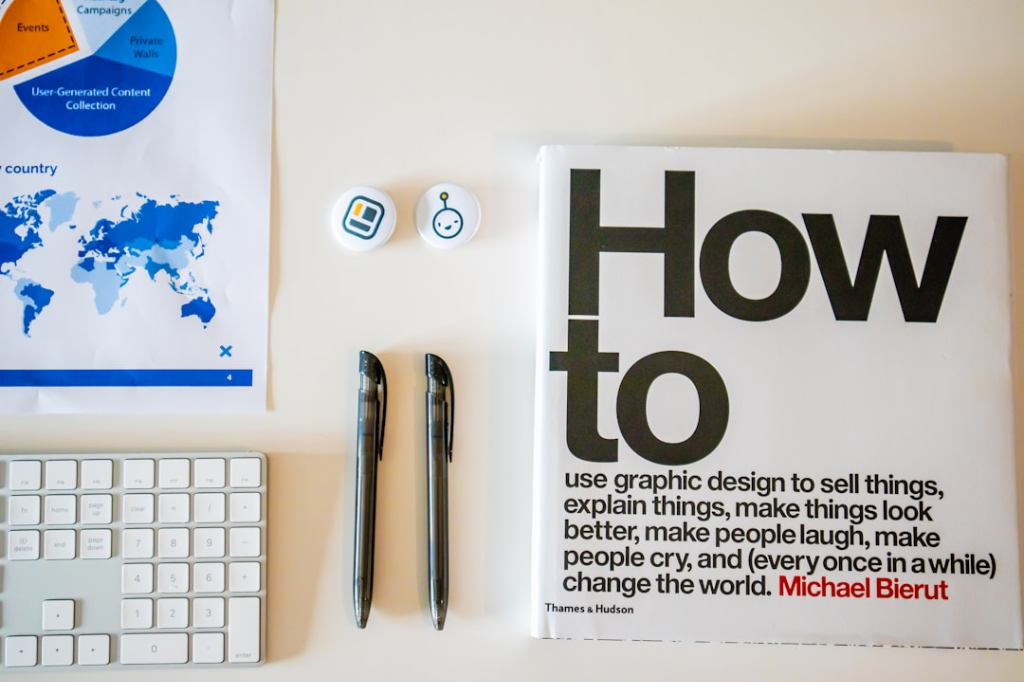











.png)

.png)





.png)





.png)






























